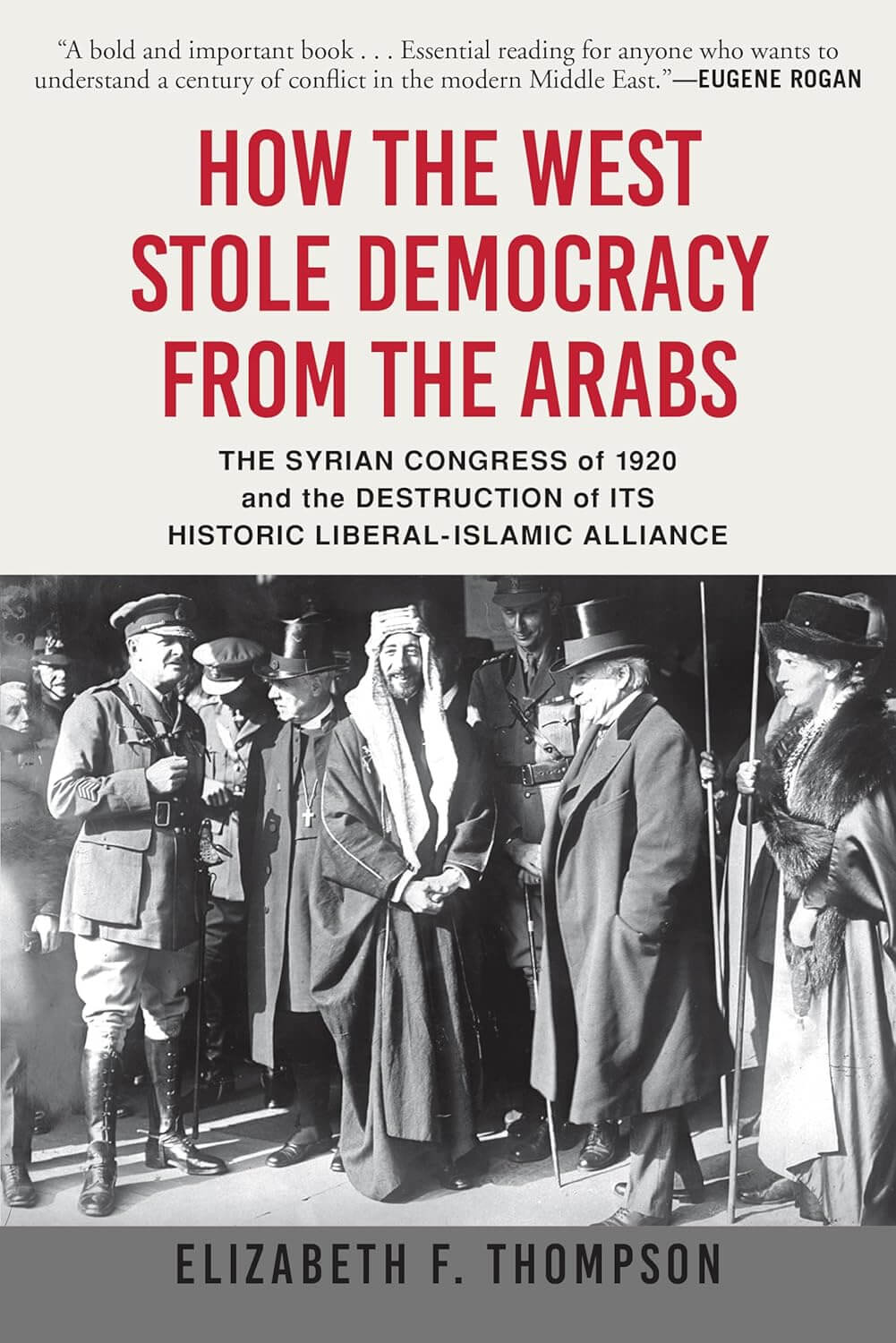CJ Werleman reveals how Western powers stole democracy from the Arabs in the 1920s and expelled the Arab world from the "new world order." This untold history sheds light on the roots of current Middle Eastern conflicts and the oppression that continues today. Werleman challenges the whitewashed narrative presented in Western textbooks and films like "Lawrence of Arabia."
The Role of T.E. Lawrence and the British
Werleman discusses how British officer T.E. Lawrence, glorified as a hero in the West, is viewed as a traitor in the Arab world for his role in dividing the Muslim ummah. Lawrence and the British Prime Minister convinced Arab leaders to join the Allies in World War I against the Ottoman Empire in exchange for the promise of an independent Arab state, even though most Arabs favored the Ottoman Caliphate over nationalism.
Misrepresentations of Arabs in Western Media
The episode explores how films like "Lawrence of Arabia" perpetuated stereotypes of Arabs as barbaric and uncivilized, justifying European colonial rule. These misrepresentations laid the groundwork for the British and French military mandates in the Middle East, dividing the post-Ottoman states and ensuring continued Western control over the region.
The Broken Promise of Arab Self-Determination
After the war, U.S. President Woodrow Wilson promised a new Arab nation under his "new world order" and called for self-determination. Arabs overwhelmingly favored independence and democracy, as reflected in a 1919 survey. However, Wilson's departure from office and European interference led to the collapse of these hopes, with the League of Nations backing British and French occupation instead.
The Rise of Colonial Occupation and Revolts
With the failure to establish Greater Syria, the Arab dream of democracy was crushed. The British and French carved up the region, leading to the occupation of Palestine, Syria, Lebanon, and Iraq. This sparked revolts, including the Iraqi and Syrian uprisings against European colonial powers in the 1920s. Unfortunately, these revolts were crushed, leaving a legacy of repression and dictatorship.
The Legacy of European Interference
Werleman explains how European colonialism led to the rise of brutal dictatorships and the destruction of Arab democracy. In Palestine, British occupation eventually paved the way for the establishment of Israel in 1948, while the French occupation of Syria led to the Assad family's dictatorship. These events fractured Arab society, splitting liberals and Islamists into opposing camps and giving rise to movements like the Muslim Brotherhood.
Lessons from History: The Arab Spring and Beyond
Werleman connects this history to the Arab Spring of 2011, where the Muslim Brotherhood triumphed over liberal democrats in Egypt after the fall of Mubarak. The episode emphasizes the importance of understanding how Western powers unleashed division, chaos, and violence in the Middle East in order to work toward unity and confront both Israel and the Arab dictatorships that support it.
Conclusion
CJ Werleman closes the episode by urging viewers to subscribe to his channel and support his efforts to expose injustices in the Muslim world. By understanding this critical history, he believes there is hope for uniting the Arab world and addressing the root causes of ongoing conflict.
 Read More: Elizabeth F. Thompson
Read More: Elizabeth F. Thompson
When Europe's Great War engulfed the Ottoman Empire, Arab nationalists rose in revolt against their Turkish rulers and allied with the British on the promise of an independent Arab state. In October 1918, the Arabs' military leader, Prince Faisal, victoriously entered Damascus and proclaimed a constitutional government in an independent Greater Syria.
Faisal won American support for self-determination at the Paris Peace Conference, but other Entente powers plotted to protect their colonial interests. Under threat of European occupation, the Syrian-Arab Congress declared independence on March 8, 1920 and crowned Faisal king of a "civil representative monarchy." Sheikh Rashid Rida, the most prominent Islamic thinker of the day, became Congress president and supervised the drafting of a constitution that established the world's first Arab democracy and guaranteed equal rights for all citizens, including non-Muslims.
But France and Britain refused to recognize the Damascus government and instead imposed a system of mandates on the pretext that Arabs were not yet ready for self-government. In July 1920, the French invaded and crushed the Syrian state. The fragile coalition of secular modernizers and Islamic reformers that had established democracy was destroyed, with profound consequences that reverberate still.
Using previously untapped primary sources, including contemporary newspaper accounts, reports of the Syrian-Arab Congress, and letters and diaries from participants, How the West Stole Democracy from the Arabs is a groundbreaking account of an extraordinary, brief moment of unity and hope-and of its destruction.